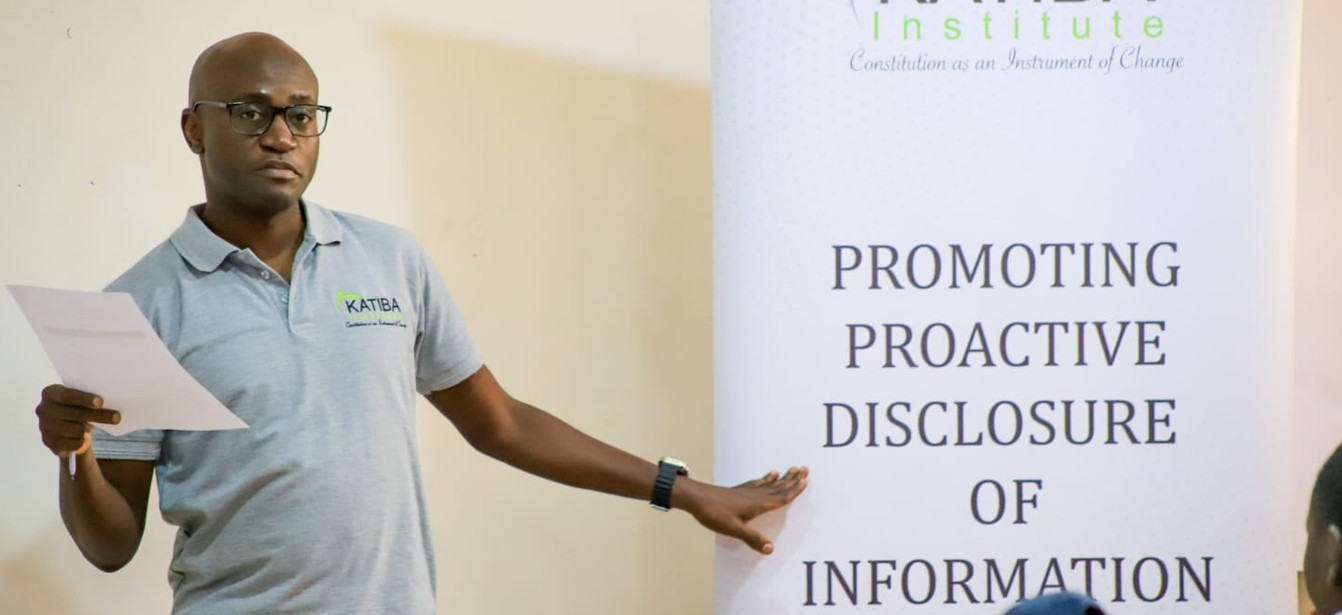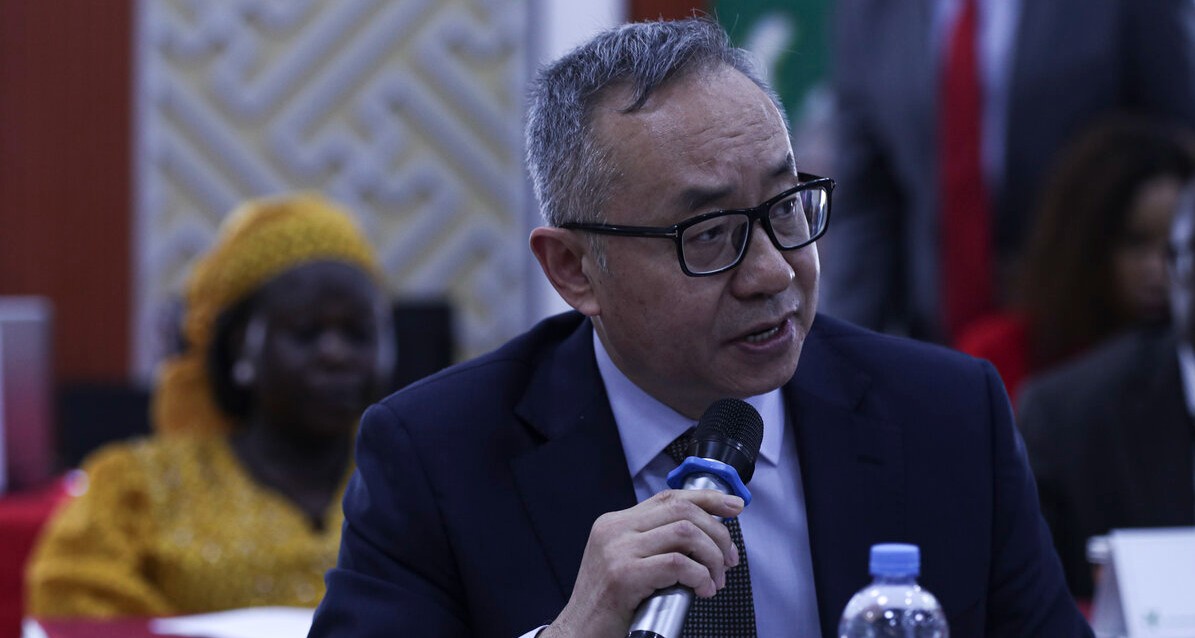Public information requests in counties routinely ignored, new report by Katiba Institute shows

The report by Katiba Institute shows that various counties, including Nairobi, Nakuru and Samburu, continue to violate the constitutional right of access to information, with requests often met with silence or incomplete responses.
Most information sought by members of the public from government offices ends up either ignored or inadequately answered, a new report has revealed.
The report by Katiba Institute shows that various counties, including Nairobi, Nakuru and Samburu, continue to violate the constitutional right of access to information, with requests often met with silence or incomplete responses.
More To Read
- High Court blocks government from collecting mobile IMEI data
- Ruto clashes with courts over roadblocks ban, accuses Judiciary of undermining security
- Petition filed to remove CS Murkomen over 'shoot to kill' orders, incitement and unethical conduct
- KHRC, Katiba Institute sue Communications Authority of Kenya over ban on live protest coverage
- Court halts transfer of public seal to Head of Public Service, cites constitutional concerns
- Katiba Institute sues President Ruto over 'unconstitutional' creation of advisory posts
According to the report, the government is still withholding critical information requested by citizens, in breach of Article 35 of the Constitution and the Access to Information (ATI) Act, 2016, which compels public offices to proactively disclose information.
In Nakuru County, the report shows that out of 13 ATI letters submitted by residents, only four received responses. Katiba Institute’s Communication Director, Kevin Mabonga, disclosed that of the four responses, only two adequately addressed the community’s requests.
In Nairobi County, three ATI requests were submitted, but none have received a response.
In Samburu, seven ATI requests were filed, but only two elicited responses, one of which was deemed unsatisfactory.
According to Mabonga, a major hurdle lies in the unwillingness of government officials and public office holders to release information.
“The biggest challenge is that government officials and duty bearers are unwilling to give information upon request. At times, the requested information, although crucial, may be delayed,” he said.
He noted that Katiba Institute has been running a three-year project aimed at engaging both the community and government offices to foster compliance with ATI requirements.
“We initiated a three-year project to engage the community and government officials and discovered that the training was necessary since members of the public do not know they have the right to ask for information and the government does not know they are mandated to share information,” he said.
Mabonga added that the government’s historical culture of secrecy continues to hinder full implementation of access to information laws.
“We believe the government, traditionally established on secrecy, finds it hard to share information,” he said.
One of the ATI requests highlighted in the report was filed by a Nakuru resident on October 29, 2024. The letter, addressed to the County Secretary, sought an explanation regarding Gioto Market along Nakuru-Kabarak road, which was completed in 2022 but has remained unused.
“The market was constructed using taxpayers’ money and has since been vandalised and is in ruins, meaning public money around Sh47 million was not used prudently,” the resident wrote.
The same resident also followed up on the matter with the Office of the Ombudsman on January 20, 2025, and again in June 2025, but has received no response to date.
Mabonga said that once community members understood that they had the right to request public information, many began filing ATI requests, but responses remain inconsistent.
“Once the citizens learnt how to write ATIs and that it was within their right, they started requesting information,” he said.
Among those actively using ATI requests is Nakuru civil rights activist Laban Omusundi, who said he has written more than 10 ATI letters, but responses have been disappointing. “The responses were wanting,” he said.
His latest ATI request, dated May 30, 2025, was addressed to the Chief Officer for Medical Services in Nakuru County. Omusundi is seeking information regarding the management and disbursement of stipends to Community Health Promoters (CHPs). He noted that despite CHPs being vital to the county’s health services, there have been persistent concerns over delays, irregularities, and a lack of transparency in their payments.
“I seek information on the total amount allocated in the County Budget for CHPs’ stipends for the financial years 2024/2025 and 2026/2027,” Omusundi wrote.
He also requested certified figures on the total funds disbursed so far and any outstanding balances owed to CHPs. However, he said he has not received any response to date.
Katiba Institute’s Programme Manager, Patricia Joseph, said improving access to public information requires deeper collaboration between citizens and government officials.
“There is a need for more training and engagement between the public and government to make access to information easier,” she said.
Top Stories Today











































